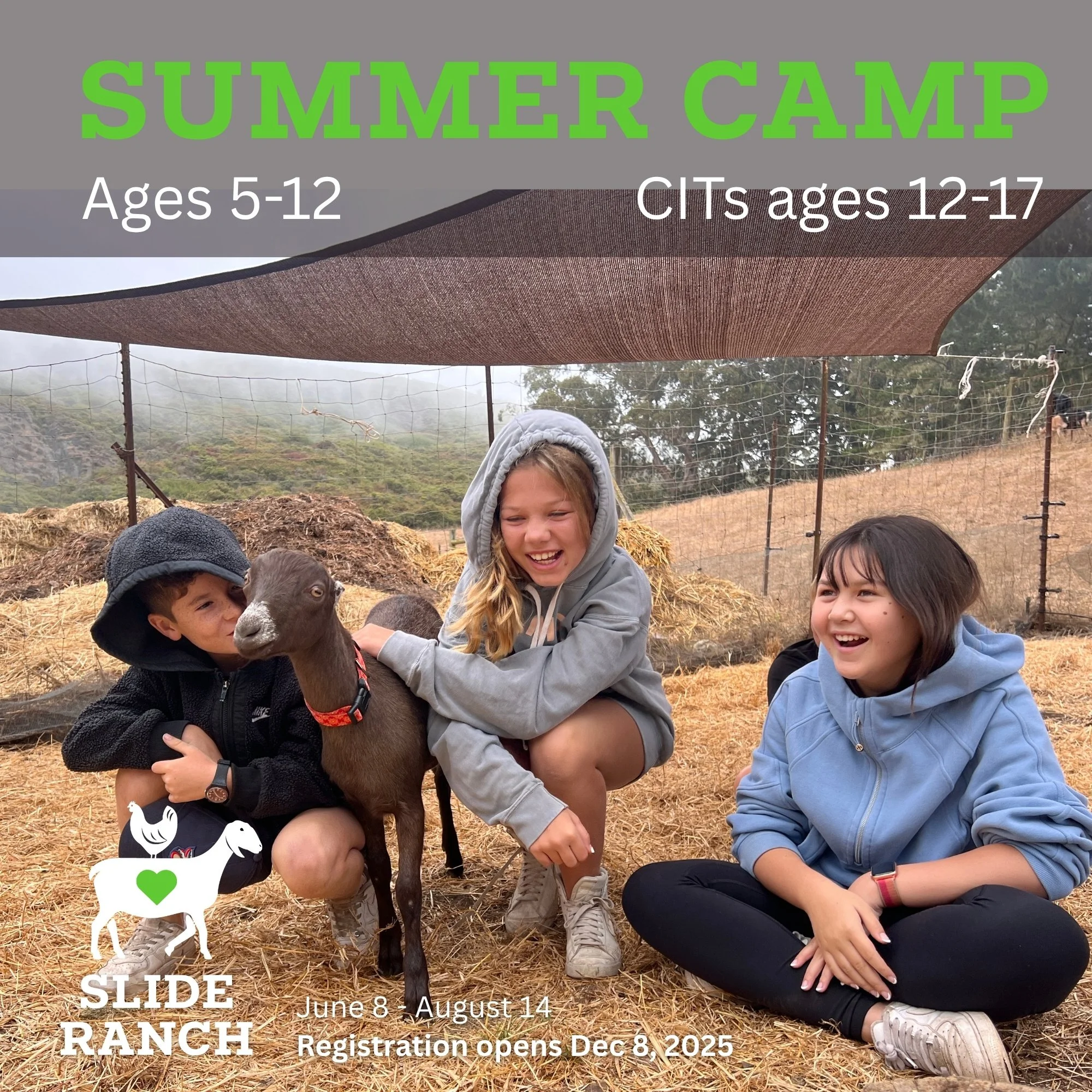Therapy Space With Dr. Sara: Holiday Stress
/At the end of each holiday season, I always vow to make the next one feel less frantic. This year we decided not to travel with the kids and family will be coming to us. How come I still feel crazed? I am seriously trying to take charge and be proactive but I feel like there is not enough time and I can’t really enjoy the events and family time. Bickering with my husband has increased and I feel like I have to take care of everything. Is it possible to manage it all and stay happy throughout?
Every holiday season there is a buzz of energy in the air. Smiles are shared and kids eagerly start a countdown. Studies show, however, that women in particular report more anxiety around the holidays as responsibilities surge. There are more demands on time, finances, commitments, and expectations; so the frantic feeling you describe may appear unavoidable.
We all want to create a meaningful holiday. There is a lot to do and we feel pressured to not miss any event. Inevitably these events usually involve lots of people, sugar, time, and money, which is a recipe for feeling overwhelmed. Start by slowing things down. Create the space, with your partner, to reflect on what feels meaningful to each of you. Define priorities for the family. When you envision your children as adults sharing about their holidays, what do you want them to recall. “We attended more holiday parties than anyone else on our block!” or “We always made these delicious cookies together.” Develop a holiday blueprint. This could include fostering meaningful connections, managing physical and emotional expectations, and maintaining balance and self-care. How does this actually translate to real life?
Foster meaningful connections
Holidays provide a good opportunity for connection. Start within your family. What does each person enjoy? Would your child like walking through stores seeing the sights or cuddling on the sofa with a Hanukkah book? Homemade gifts provide the opportunity for kids to be creative and distant relatives to receive something with sentimental value. Open up a dialogue about your own traditions as well as awareness and respect for others’ beliefs. Seek out ways to connect within your community. People came together with vigor to support those impacted by the fires, and this drive can continue. You can send the message to your children that supporting those in need is a family value. If you need a suggestion, find a local food bank.
Manage expectations
We often relive fond childhood memories or see beautiful images posted online - then we look at our own life and see a long to-do list, lots of family in close quarters, spotty weather, and a mounting credit card balance. Others’ behaviors start to grate on our nerves, adult siblings start arguing about who will do the dishes, kids get runny noses, feelings surface as we think of those who have passed away, and then someone inevitably brings up politics on Christmas Eve. Holidays are emotionally charged across the spectrum. This is okay. Remove the pressure on yourself to always be displaying holiday cheer. So my daughter doesn’t jump for joy in front of her grandma after opening her gift - not something to stress about. Set manageable intentions, create a budget, use positive self-talk, embrace that there will be a lot out of your control, and delegate responsibilities with the knowledge it will not be done the way you would do it but hey, you may learn a new technique for tying ribbons.
Find balance
When you take care of yourself, you are able to care for others. As your anxiety mounts because you can’t find the right gift, or a challenging relative arrives at your home, you are likely holding your breath. Slow down and breathe. Focus on feeling grounded and remain conscious of offering yourself compassion. I remind myself that because I take on a lot, it is inevitable something will not go as planned and I will make mistakes. The alternative is to hide out and not risk disappointing anyone, including myself, but I chose to make the occasional mistake. Decide what aligns with your outlined blueprint. What responsibilities or events feel good and which ones do you dread - is it worth the time and energy? As stress builds up so do comfort-eating, TV watching, and alcohol consumption. Identify healthy coping sills and enlist those close to you to hold you accountable for self-care. As the holidays come to an end and a new year starts, envision yourself being proud of how you stayed present and attuned to yourself, having relished quality time with someone you love, while some to-do items went uncompleted.
May your holiday be filled with meaning, realistic expectations, balance, and a sip of eggnog!
Dr. Sara Edrington is a clinical psychologist practicing in San Rafael. She is passionate about her work with adults, adolescents, and couples, using an interactive approach that explores neurobiology, shame, trauma, relationships, parenting and managing stress during life-transitions. She received her Doctorate in Psychology in 2005 at the Los Angeles campus of the CA School of Professional Psychology. She is the Co-founder of Pacific Psychology and on-going supervisor to new professionals. She holds a certification in early childhood education, has presented at several high schools, and works to bring learning outside the classroom through community service, which has enhanced her own personal and professional growth. She is the proud mother of a spirited daughter and son who keep her on her toes, even when everyone should be sleeping.
Dr. Edrington can be reached at 415-690-8208.


















